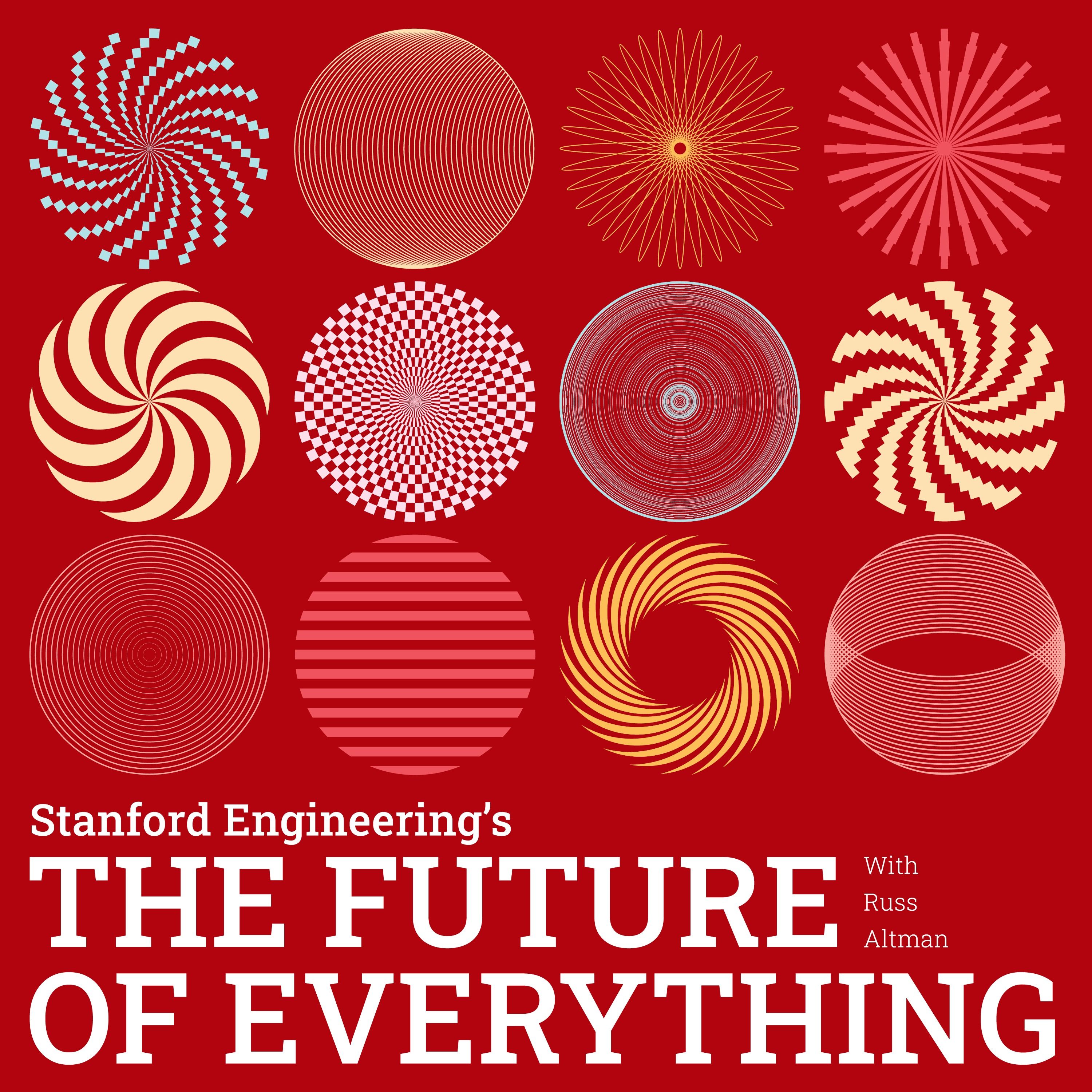Science
Psychologist Judy Fan is an expert in how physical objects facilitate learning. In the classroom, these include pencils, pens, paper, and whiteboards. But in any learning situation, the physical world provides tools for learning and communicating, often trumping the speed and reach of today’s digital technologies. These objects are cognitive tools – physical representations of human thought, she says. They help us think, solve problems, and communicate with others better and more effectively, as she tells host Russ Altman in this episode of Stanford Engineering’s The Future of Everything podcast. Episode Reference Links:Stanford Profile: Judy FanConnect With Us:Episode Transcripts >>> The Future of Everything WebsiteConnect with Russ >>> Threads or Twitter/XConnect with School of Engineering >>> Twitter/XChapters:(00:00:00) IntroductionHost Russ Altman introduces guest Judy Fan, a professor of psychology at Stanford University.(00:02:02) The Essence of Cognitive ToolsWhat cognitive tools are and their importance from ancient times to the present.(00:03:37) Historical Context of Cognitive ToolsThe historical evolution of cognitive tools and their role in education.(00:06:57) Cross-Cultural Insights on Cognitive ToolsThe universality of cognitive tools and cross-cultural variations.(00:12:39) Developmental Trajectories in Visual CommunicationHow children develop the ability to visually communicate concepts and the differences between cultures.(00:17:01) The Influence of Cultural Artifacts on PerceptionHow cultural exposure shapes our perception and depiction of the world.(00:22:15) The Future of Learning TechnologiesThe impact of technological advancements on cognitive tools and potential directions for the future.(00:24:29) Hands-On Learning and Interactive ToolsThe importance of interactive learning activities that allow students to engage with scientific processes.(00:27:44) Enhancing Creative Processes Through TechnologyWays technology can aid creative professionals and the development of tools for high-level experts.(00:30:44) Bridging Novice and Expert NeedsThe challenges of designing technology that serves both novices and experts.(00:33:19) Conclusion Connect With Us:Episode Transcripts >>> The Future of Everything WebsiteConnect with Russ >>> Threads or Twitter/XConnect with School of Engineering >>> Twitter/X

